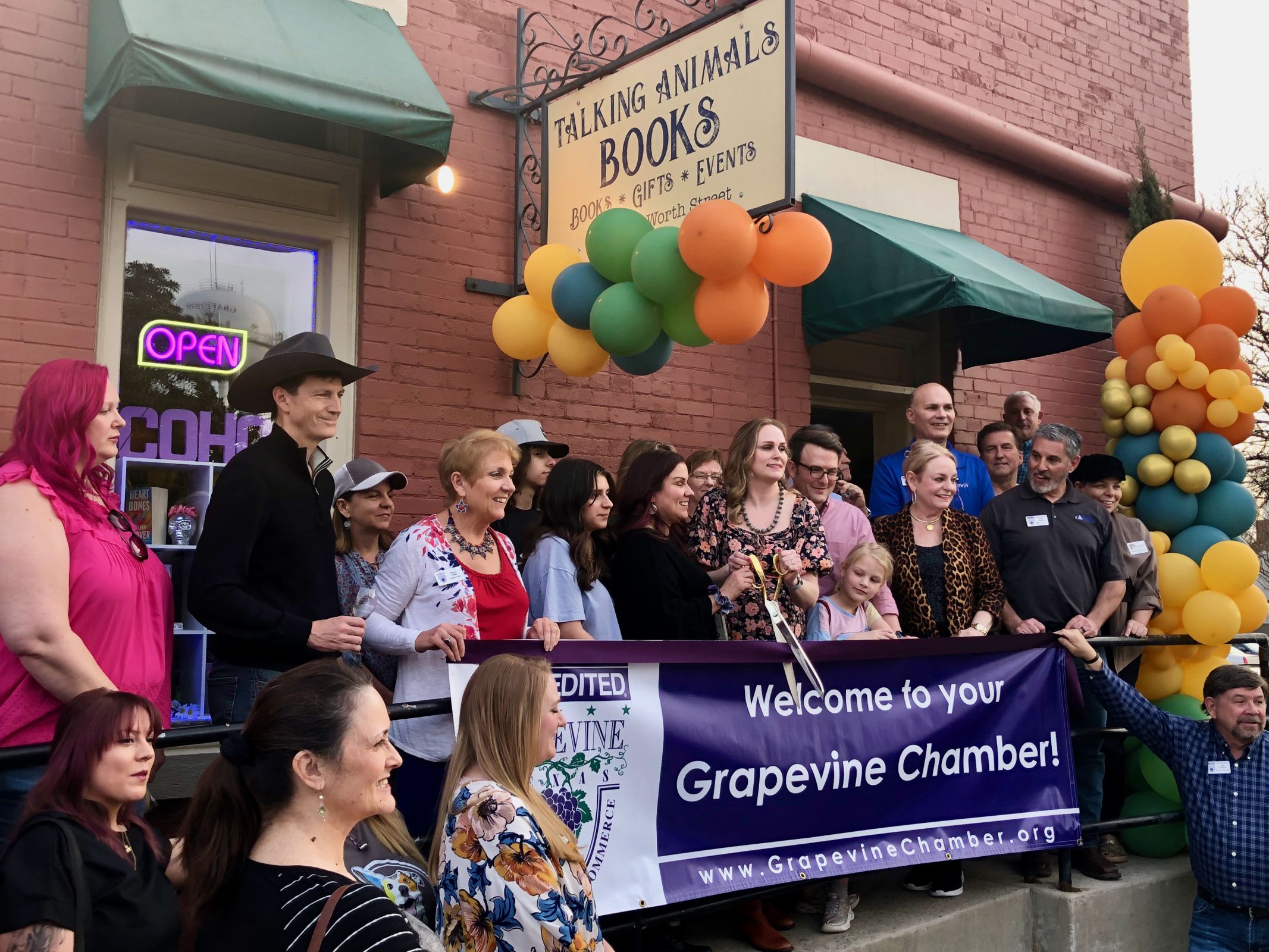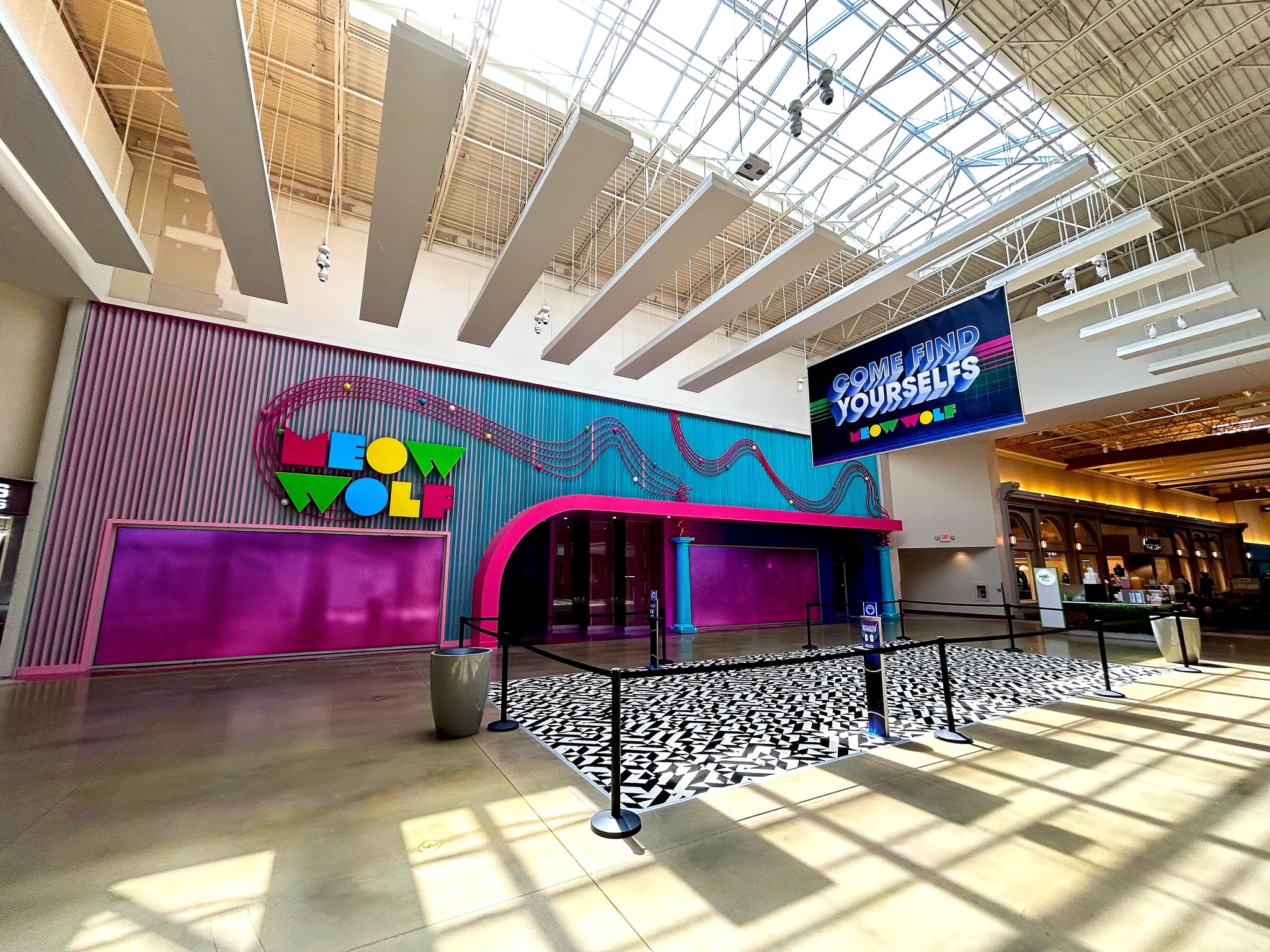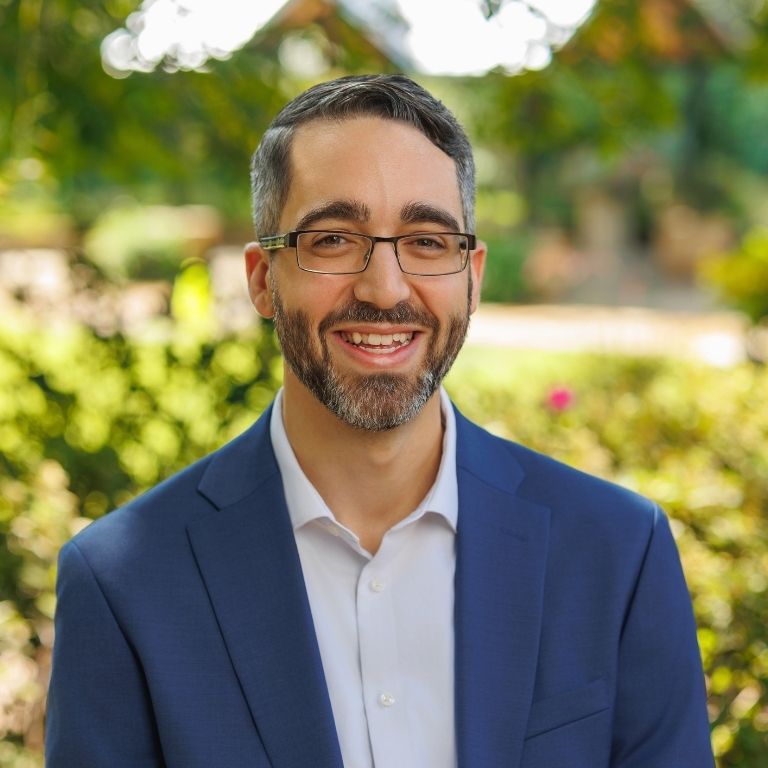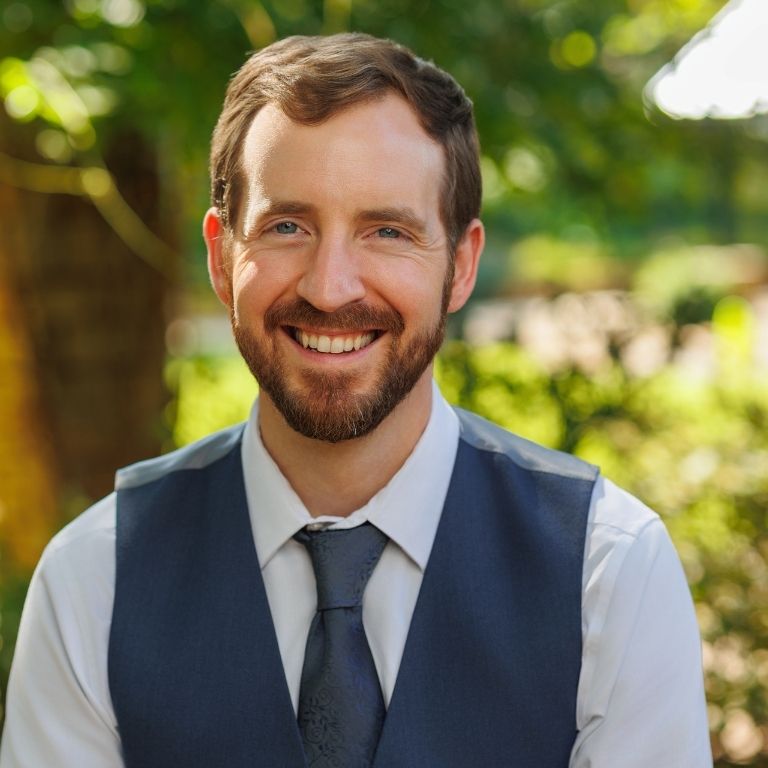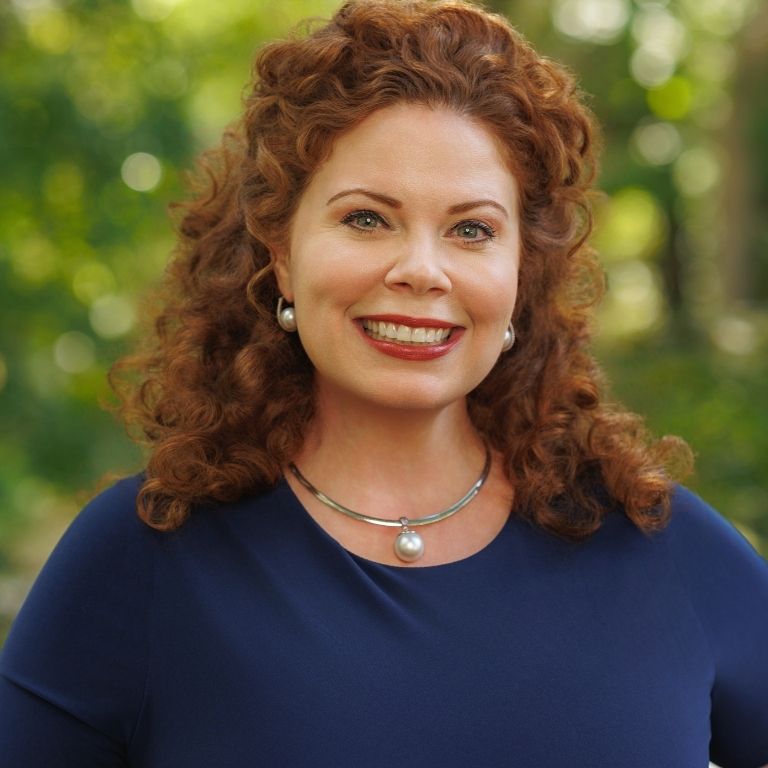Grapevine Tech Startup Aims to Revolutionize an Unexpected Industry
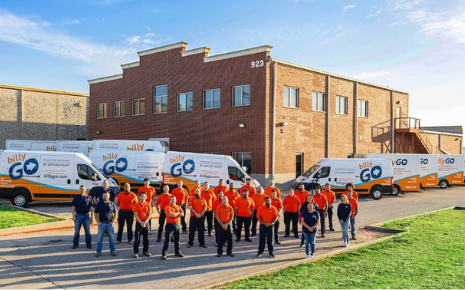
31 Aug 2023
Blog, News, 2023
Artificial Intelligence projects like ChatGPT and Google Bard have dominated the headlines lately, and for good reason: machine learning has the capacity to revolutionize our approach to just about everything. While there’s a long and complex conversation to be had about the proper uses and guardrails for these emerging technologies, it’s unlikely that the proverbial genie is going back into the bottle. AI will touch all sorts of industries and services in the years ahead, including some you probably wouldn’t expect.
Plumbing and HVAC service, for example.
We’re a long way away from robots tuning up your heat pump, but a company in Grapevine is already using algorithms and AI augmentation to repair an industry that is, unfortunately, synonymous with Having a Bad Day.
It Had to Be Dallas Road
Just minutes from the heart of Grapevine, at the corner of Dallas Road and Minters Chapel, there’s a small brick building filled with people who are trying to take an analog world into the digital age. The understated headquarters is home to two companies: BillyGo, which provides direct-to-customer Plumbing, Heating, and Air services; and Sera Systems, the tech startup fueling its more visible sister company. For Founder and CEO Billy Stevens, there simply was no other place to launch.
“I came to Grapevine in 1985, when it was just a little bitty Grapevine,” Stevens said. “We didn’t have much; I think we had a three-screen theater that came in and we got all happy about. And we had the Chili’s, back in the day. I was able to buy a little bitty plumbing company with a loan from my father-in-law. It was called Berkeys, and thanks to the community’s support and a lot of innovation, we were able to grow a really good company.”
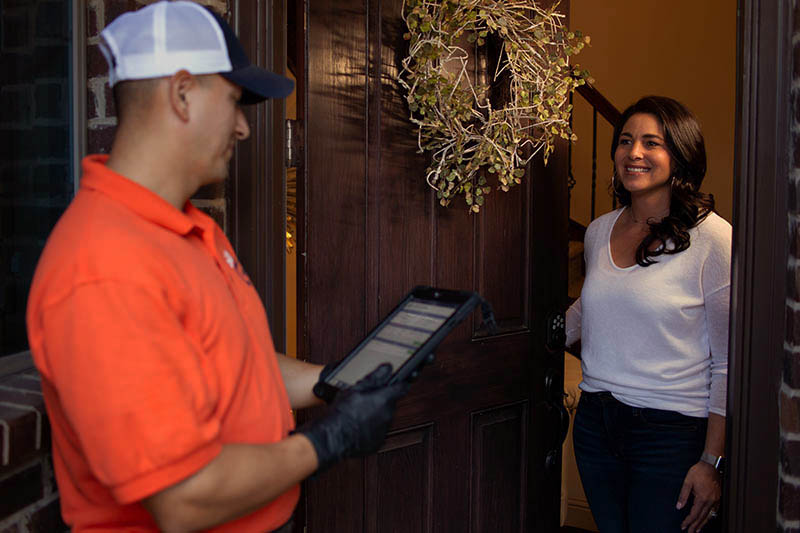
Billy and his wife purchased their first company decades ago, immediately running into all the challenges one might expect when walking into a new field: employee walkouts, supply issues, and a mountain of things they simply didn’t know. He credits the people of Grapevine, from City Hall to the Chamber of Commerce, for helping them grow their little business into a sprawling empire.
“I retired when I was 47. I just wanted to take a break, but I knew I couldn’t take a break for very long. I did actually sit on the couch for a couple of years,” Stevens said. “I was buying real estate at the time, and since I didn’t have an HVAC or plumbing company I had to pay retail prices like everyone else. I just saw the waste – the inefficiencies – in these businesses, that required them to charge so much for this stuff. That was a big thing at Berkey’s: it wasn’t that we were expensive on purpose. The business itself is just inefficient… so I set out to start a software company to solve these problems.”
When the Stevens family bought Berkeys, the company was headquartered on Dallas Road. So Billy couldn’t resist the urge to return to the historic district once his new company got off the ground. But, as it turned out, finding the right spot wasn’t the biggest challenge.
Digital Minds, Analog Practices, and a Frustrated Customer Base
Like many startups, Sera Systems was born from a clear understanding of a problem and a murkier sense of how to fix it. A seasoned veteran of the plumbing and HVAC world who had worked in residential construction for years, Stevens was intimately familiar with the industry.
“On a typical service call, when you call in and request service, at least four people in the organization touch that call approximately twenty-eight to thirty times. Just the one call. That’s just extreme inefficiency,” he said. “With Sera, we were able to take twenty-eight touches down to three. We built the algorithms and patented the whole process; basically took 90-95% of the inefficiencies out of service calls.”
Years into the development process, it’s easy to look back with confidence. But in the early days, nothing about Sera or BillyGo seemed certain. Tech gurus seemed uninterested (Stevens remembers the phrase “Why do I want to meet a plumber?” bouncing around a few times), most of the funding came from his own pocket, and he found himself feeling out of place in meetings about the product itself.

"I realized that we are two different types of people,” Stevens says of his early meetings with the software development team that built the system. “I’m an analog guy, and they’re digital. It was very hard to get them to understand that we can’t build software for engineers. We have to build it for the people that will use it. And that was the struggle. No other software has even thought about the customer. They’re more interested in ‘how do we help the Admin part of it?’ Give the tech a little app so they can do some stuff. We built the customer part first because we wanted the customer to be the one who actually benefitted from what we were doing. If we did that, we knew we could build a business.”
In the first year, the system took a rough shape. BillyGo employees set up a tent at every major festival on Grapevine Main Street, offering a free plunger to anyone who would try their app. Downloads surged during the events, often landing the app in the Top 10 Most Downloaded list on the Apple store. But more often than not, customers deleted the app shortly after installing it. Finally, a friend introduced Stevens to the developer who helped Mark Cuban launch Broadcast.com. What was meant to be a short phone call turned into an hours-long pitch, followed by an extended in-person consultation.
“We ended up staying until about 9:00 that night, whiteboarding a concept for SAS software,” Stevens said. “He convinced me that was the way to go, and he came on board without a contract. Started working for me the next day without pay or anything… but he goes ‘I have some bad news for you: in about 30 days, we’re going to have enough built that you’ll need to kill the app.’ I’d spent so much money on that app – the last year and a half – and he said I just needed to turn it off. I had to make a decision pretty quick, and I did… it was the right call. Nobody really wants another app on their phone. And if I was to scale this, Apple doesn’t really like a hundred names for the same app. It worked great for BillyGo, but we couldn’t scale it.”
Public Offering, Public Service
With his eyes now set on a broader product, Stevens knew it would be essential to test the new software in the field. BillyGo became a pilot program of sorts, a real-world company that could implement the digital solutions proposed by the SAS software at Sera and create near-instant feedback. Within a year, he was running a mass of calls that would have taken four times the staff power at his old company.
“We started Day 1 with zero customers,” Stevens said. “I could have gone out and bought a company, no problem. But that wasn’t the point. The point was what happens if we start with the first customer and grow it from there? Forty-eight minutes after we turned it on, we got our first customer from Facebook. We popped a bottle of champagne and got all excited… because for five months, we worked on this thing. Before we even turned it on. Well, about twenty-five minutes in, someone goes: ‘who’s going to run the service call?’ We forgot that we needed to go do it! We were so happy that we got the call that we forgot to go do the call. But we made it.”
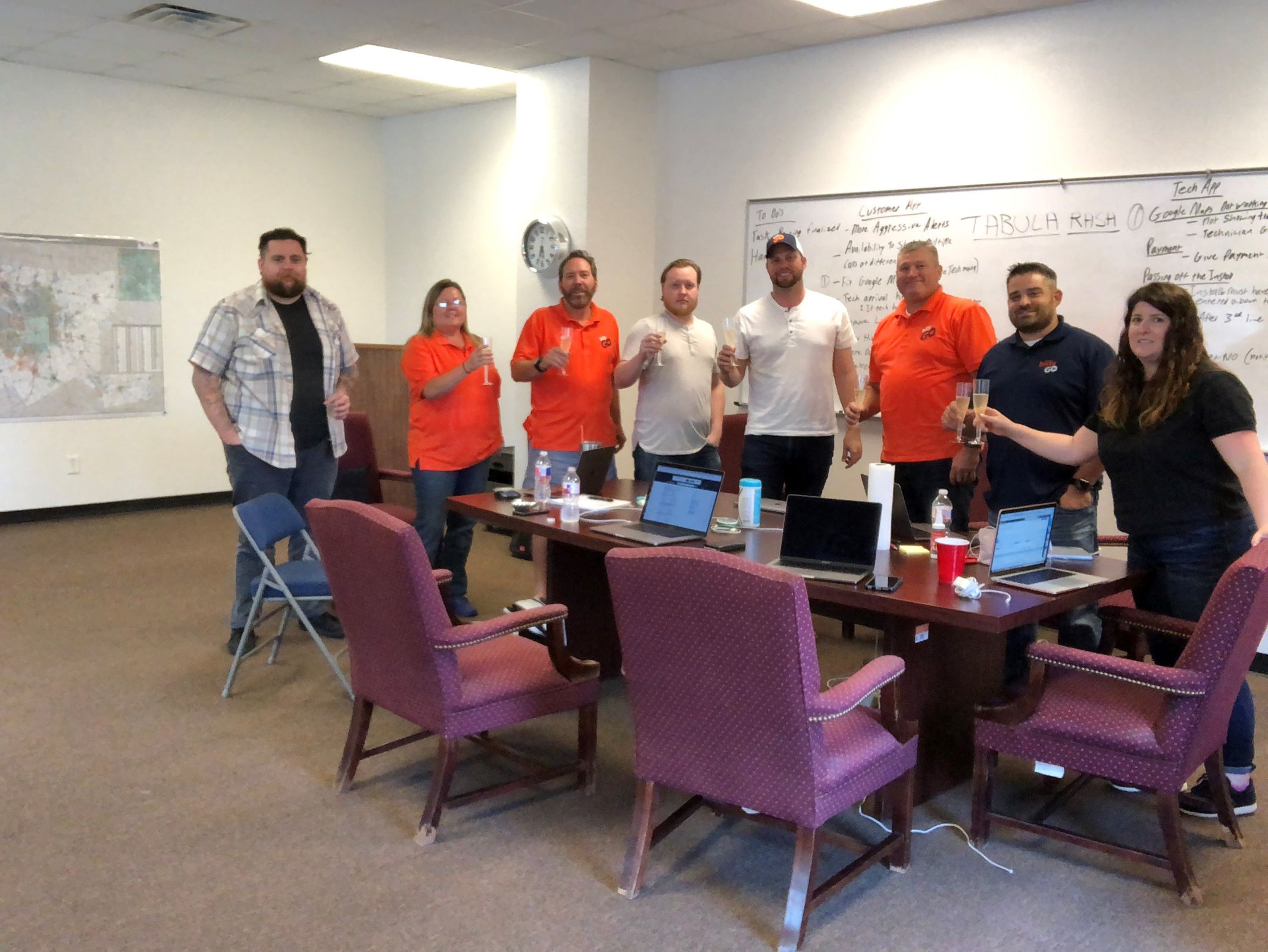
Thanks to their AI-augmented booking process, BillyGo offers clients a simple promise: You pick a time, and they will have a technician at your house within that hour. In a multi-million-dollar industry that tends to serve people dealing with crises – from broken air conditioning units to leaking pipes – that level of convenience seems to be a winning combination. Stevens estimates that BillyGo took on 15,000 customers in its first three years, eliminating inefficiencies and using the savings to hire top-notch employees while keeping prices low. Sera took off – raising almost $12 million in its first round of public funding – but to his surprise, the beta-testing concept found its own legs, too.
“I was willing to fund BillyGo forever, if I had to, in order to build this software. Fortunately, the community loved what we were doing, and when the company was 14 months old was the last time I gave it any money. And that’s what’s unique about Grapevine: it’s a community. That’s the reason why I’m here. You’re concerned about businesses that are here. That’s how you create community, and that’s one thing that Grapevine has done exceptionally well.”
“That’s really what I want to say [to the whole City]: thanks for the opportunity to live my dreams, to take care of my family in a way that I never thought possible. And it’s really because of landing right here – not even knowing Grapevine existed – and I ended up here… I moved here with $400 and no job. So I tell people I made it, because I still have $400.”
For more information about this and other great businesses in our City, check out the ‘Growing Grapevine’ eNewsletter and Podcast. To learn more about BillyGO, visit billygo.com. You can find out more about Sera Systems, the company-behind-the-company, at sera.tech.
More Topics

